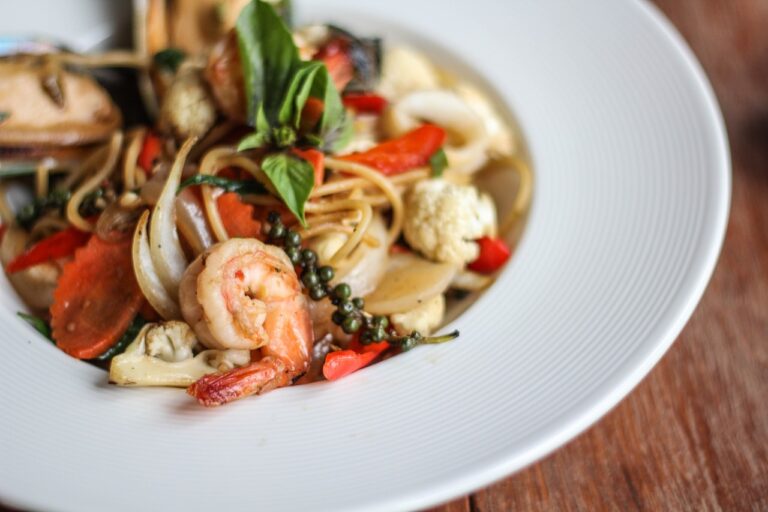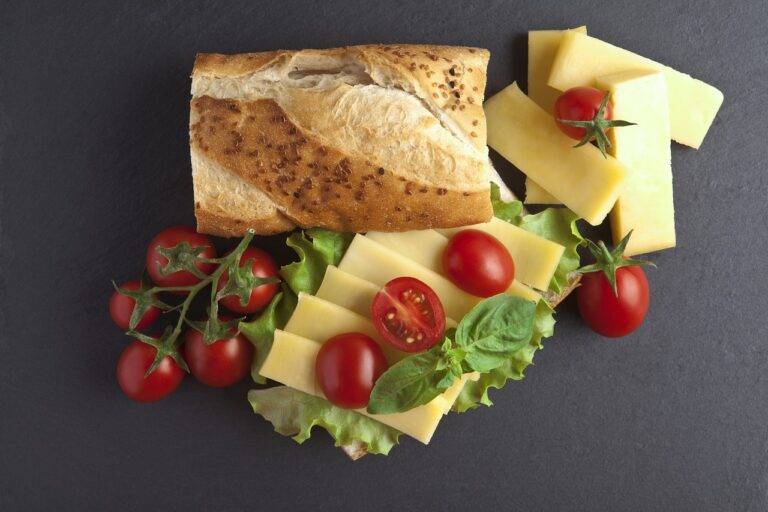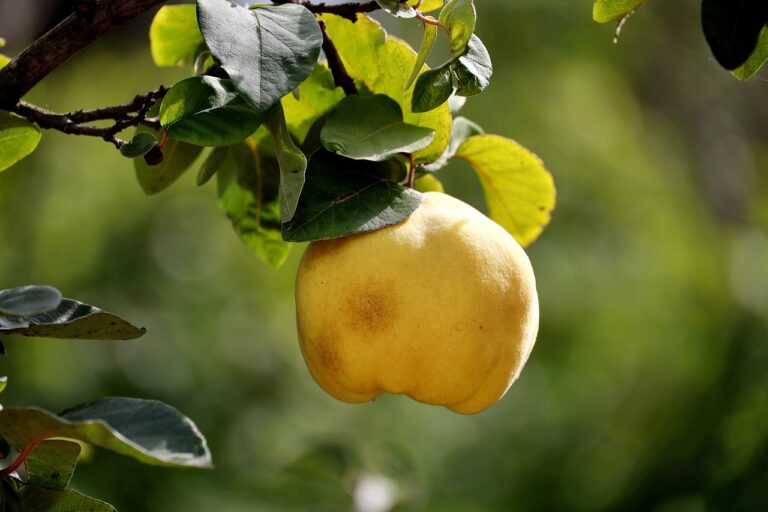AI and Robotics in Food Manufacturing: Enhancing Efficiency and Quality Control
The integration of AI and robotics in food manufacturing is revolutionizing the industry, leading to increased efficiency and precision in production processes. Machines equipped with artificial intelligence can analyze data in real-time, optimizing the production line for enhanced productivity and reduced waste. Robotics have the capability to perform repetitive tasks with speed and accuracy, ensuring consistent quality in food products.
Furthermore, AI-powered systems can predict maintenance needs of equipment, reducing downtime and improving overall operational effectiveness. By harnessing the power of machine learning algorithms, food manufacturers can create smarter and more adaptive production systems that are capable of self-optimization. As technology continues to advance, the future of food manufacturing holds great promise with AI and robotics at the forefront of innovation.
Automation in Food Processing
The implementation of automation in food processing has revolutionized the industry by streamlining production processes and increasing efficiency. Through the use of advanced technology, tasks such as sorting, packaging, and quality control can be carried out with precision and speed, reducing the potential for human error and ensuring consistent product quality.
Furthermore, automation in food processing has also led to significant cost savings for manufacturers. By relying on robotic systems and artificial intelligence to handle routine tasks, companies can lower labor costs and enhance overall productivity. This shift towards automation not only improves the bottom line of businesses but also allows for greater scalability and adaptability in a rapidly changing market landscape.
Benefits of AI and Robotics in Food Production
Artificial Intelligence (AI) and robotics are transforming the landscape of food production, bringing about numerous benefits to the industry. By implementing AI and robotics in food manufacturing processes, companies can enhance efficiency and streamline operations. These advanced technologies allow for precision and consistency in tasks such as sorting, grading, and packaging, ultimately leading to improved product quality and reduced waste.
Furthermore, the integration of AI and robotics in food production enables companies to increase their production capacity without compromising on food safety standards. With the ability to automate repetitive tasks, workers can focus on more complex and critical aspects of food processing. This not only boosts productivity but also ensures a higher level of consistency in the final product. Additionally, AI-powered systems can analyze data and provide valuable insights for process optimization, leading to better decision-making and resource allocation.
• AI and robotics enhance efficiency and streamline operations in food production
• Precision and consistency in tasks such as sorting, grading, and packaging
• Improved product quality and reduced waste
• Increased production capacity without compromising on food safety standards
• Automation of repetitive tasks allows workers to focus on more complex aspects of processing
• Boosts productivity and ensures a higher level of consistency in the final product
• AI-powered systems provide valuable insights for process optimization
• Better decision-making and resource allocation
What is AI and robotics in food production?
AI (Artificial Intelligence) and robotics in food production refer to the use of advanced technology to automate processes in the manufacturing and processing of food products.
How are AI and robotics changing the future of food manufacturing?
AI and robotics are revolutionizing the food manufacturing industry by increasing efficiency, reducing labor costs, improving food safety, and enhancing product quality.
What are some examples of automation in food processing?
Examples of automation in food processing include robotic arms for packaging, AI-powered sorting systems for quality control, and automated cooking equipment for food preparation.
What are the benefits of AI and robotics in food production?
The benefits of AI and robotics in food production include increased productivity, improved food safety, reduced operational costs, enhanced product quality, and the ability to meet the growing demand for food products.
How can AI and robotics help in ensuring food safety?
AI and robotics can help in ensuring food safety by automating processes such as quality control, packaging, and sanitation, reducing the risk of contamination and human error.
Will the implementation of AI and robotics in food production lead to job loss?
While the implementation of AI and robotics may result in some job displacement, it also creates new opportunities for skilled workers to operate and maintain the advanced technology, leading to a shift in job roles rather than complete job loss.







